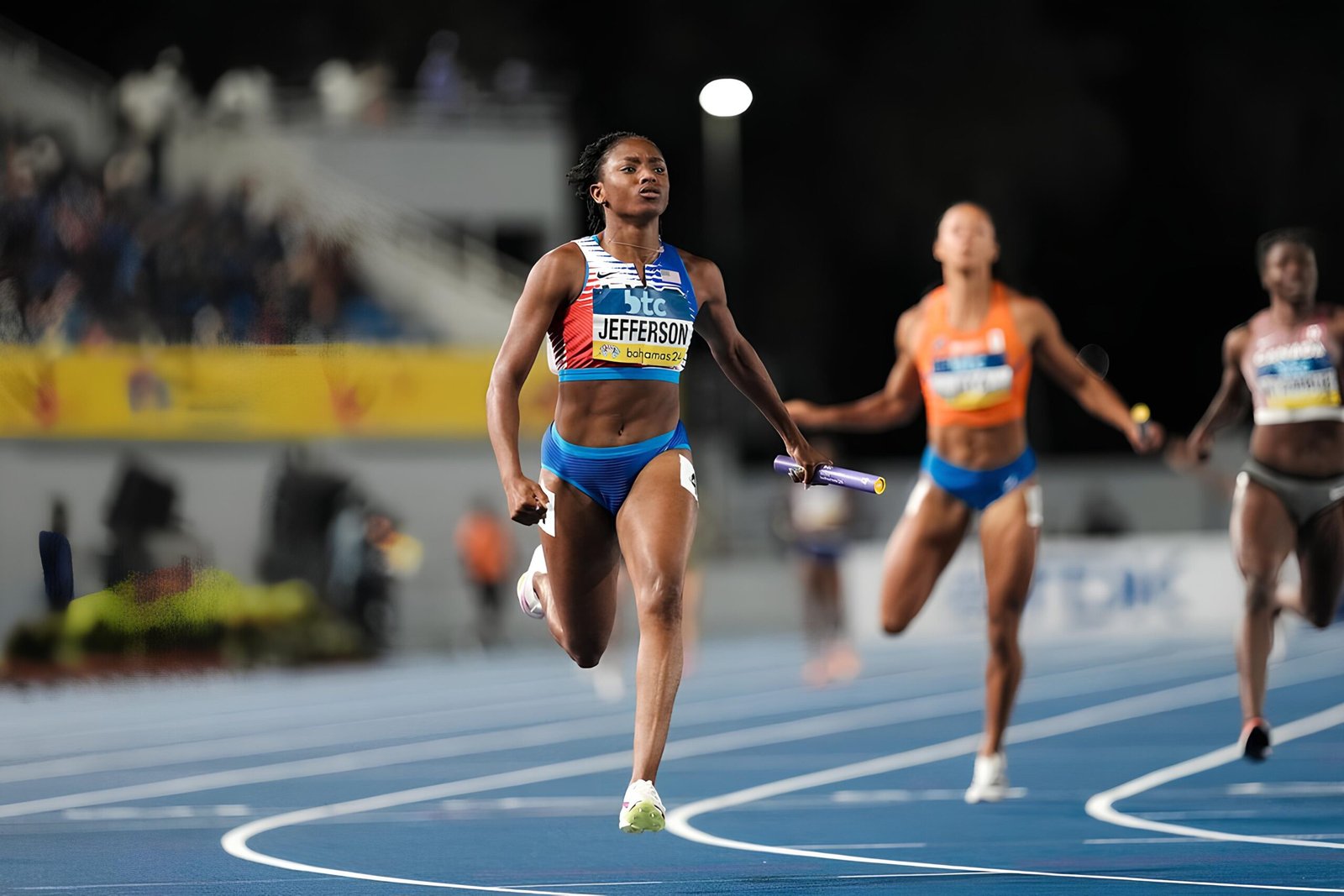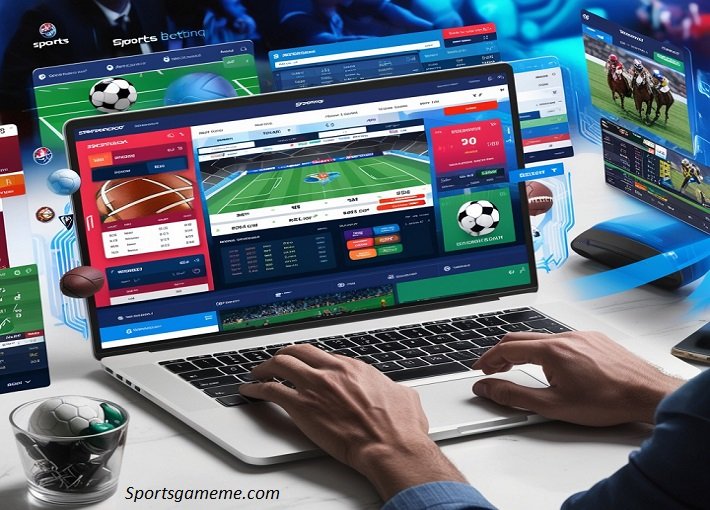-
Introduction Athletic to Competitions
- The World Athletic Competitions This article delves into, exploring their history, significance, various forms, and the impact they have on individuals and societies. The long been a cornerstone of human culture and society, transcending geographical, social, and cultural boundaries. From ancient civilizations to modern global events, these celebrate physical prowess, strategic thinking, and the spirit of competition.
-
Historical Roots of Athletic Competitions
- The World Athletic competitions have their origins in early civilizations where physical prowess was a mark of personal honor and a chief aspect of cultural and religious practices. The most famous early on examples are the early Greek Olympic Games, which begin in Olympia in 776 BC.
- The games are not just athletic competition but a sacred festival dedicated to Zeus, the king of the Greek god. Athletes participated in various events with running, wrestle, chariot racing and pentathlon, showcasing their skill and honors.
- In a similar vein, gladiatorial games and chariot races were intimately associated with physical competitions in ancient Rome, which demonstrated the culture’s fascination with fighting and show.
- Ancient Chinese and Indian societies in the East also practiced athletic warfare, including martial arts and archery, which were essential to their customs and martial training.
-
-
Team Sports Of The World of Athletic Competitions
- These involve group of athletes working jointly for a common goal. Accepted team sports include soccer, basketball, rugby and volleyball. Team games stress teamwork, strategy, and collective effort, stress the weight of communication and dexterity among teammates.
-
Endurance events:
- These events test an athlete energy and endurance over long distance or long periods of time. Example includes marathons, triathlons, and extreme endurance races. Endurance events challenge athlete to push their physical and mental limits, often require rigorous training and preparation.
-
Combat sports Of The World of Athletic Competitions:
- . Battle sports demand a combination of power, technique, and strategy.
- These are characterizing by physical quarrel between opponents. Sports like boxing, wrestle judo and mix martial arts (MMA) fall into this category
-
Motor sports:
- These take in racing and competition using motorized vehicles, such as Formula 1, Moto, and rally racing .Motorsports combine physical skill with technical data of vehicles, Its Athletic Competitions highlighting the accuracy and control requisite to excel.
-
-
Athletic competitions Evolution
- . The end of the modern Olympics was to promote international unity and peace through sports, a vision that has continued to guide it.
- The evolution of athletic competitions into their current form began in the 19th century, with the renewal of the Olympic Games by Pierre de Coubertin in 1896
- Game to date.
- This revival ushered in a novel era in which athletic struggle become a global fact, characterize by standardized rules, international participation, and significant media coverage.
- The 20th century saw the rise of other main international sporting actions, such as the FIFA World Cup in football, which first took place in 1930, with the Tour de France in cycling, which began in 1903.
- They have befallen important global specs; attract audiences from about the world and influencing international family and artistic exchange.
-
1.Types Athletic Competitions
- Types of Athletic Competitions
- Athletic -competitions tin can is divided into several category, each with its own single characteristics and appeal. Here are some of the most important categories:
-
Individual sports:
- These competitions focus on individual act rather than team effort. Examples include games (track and field), swimming, boxing, and gymnastics. Success in individual sports often requires a high level of personal discipline, training and mental fortitude.
-
Winter sports:
- These take leave in cold weather setting and comprise sports like skiing, snowboarding, ice hockey and stature skating. Winter sports require variation to challenging green setting and specialized equipment.
-
Effects of Athletic Competitions
- Affecting various aspect of life: Athletic competitions have a thoughtful impact on folks and society
- Health Physical:
- Regular sharing in athletic events promotes physical fitness, cardiovascular health and normally well-being. It encourages individuals to lead an active routine and adopt healthy habits.
- Mental resilience:
- rival in games often requires overcome obstacles, managing stress and maintain focus. These experiences build mental toughness and spirit, valuable qualities on and off the field.
- Social Connections:
- Sports promote a sense of the public and belonging. Athletes often shape strong relations with teammates, coaches, and fans, make social networks that can offer support and camaraderie.
- Economic impact:
- Main athletic , from label sales and sponsorships to media rights and sightseeing. They create jobs; arouse local events generate important economic activity economies, in addition to promote global trade.
- Cultural exchange:
- International generous events bring together public from diverse background, promoting edifying exchange and mutual considerate. They provide a platform to glass case different culture and traditions.
- Role models and Inspiration
- Successful athlete is often role models and a basis of inspiration for others.
- Their achievement and dedication can inspire persons to pursue their goals and dreams equally in games and in life.
- Why World Athletic Competitions
- Challenges also Controversies
- Despite their many paybacks, athletic competitions also face challenge and controversy.
- Furthermore, the commercialization of sports has sometimes overemphasized profits at the expenditure of traditional values.
- Ensuring to sport lives up to its morality of fair play, respect and addition is an ongoing challenge. Issues such as doping, corruption and disparity can taint the integrity of sports.
- The use of concert-enhancing drugs, for example, undermines fair competition and endangers the health of athletes. Corruption in sports governance can lead to misconduct and unfair practices, affecting the status of events.
-
Result
- They motivate individuals, promote society, and add to financial and cultural development. As we look to the prospect, it is important to meet the challenges and strive to preserve the core values that make sporty competition such a influential and positive inside our lives.
- Athletic competition plays a central role in our world; celebrate human potential and bring people jointly. From their first origins to their modern global being there, these competitions have evolved and adapted, sparkly changes in society and technology.
- Read More: Click Here

